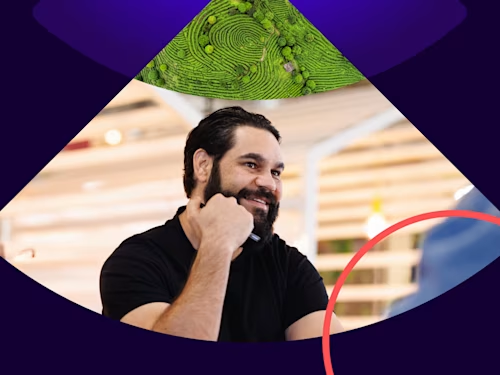
Proven treatment: RAR Therapy simplifies and secures the signing experience with Docusign
Allied health provider RAR Therapy has made the switch to Docusign to streamline the process of getting clients to sign Service Agreements.

Passionate about making a positive difference in people’s lives, RAR Therapy is a Queensland allied health provider with a big heart. Anything the team can do to make life easier for clients, they’re up for.
While people are at the centre of everything RAR Therapy does, the nature of allied health means there’s a pile of paperwork behind every person. And the more time spent managing this paperwork means less time helping people.
The paperwork is unavoidable. Many of RAR Therapy’s clients receive National Disability Insurance Scheme (NDIS) funding for their in-clinic and home-based occupational therapy, physiotherapy, speech pathology, behaviour support and psychology services. From getting a new wheelchair, to performing a clinical assessment, to providing ongoing treatment, it all requires signed agreements.
And, given that this paperwork deals with sensitive personal information, it’s important to get it right.
Getting bogged down in paperwork
CEO Justin Luke could see that RAR Therapy’s existing process for getting clients to sign Service Agreements was slow and cumbersome. The agreements are around 15 pages long, and are an important proof of service should either the NDIS or the client have a query about the therapy they receive.
“We were finding it hard to get clients to sign our Service Agreements. We’d post them out or leave them behind after a visit, and they would put the agreement on a pile in their home and forget about it,” said Luke. “Admittedly, we didn’t have a great system in place for tracking what needed signing. We’d be making repeated phone calls and sending multiple emails to remind people to sign their agreements.”
With around 4,000 agreements being sent each year, the amount of time and effort spent chasing clients’ signatures was starting to have an impact.
Going digital gets therapists’ thumbs up
To fix the problem, RAR Therapy decided to implement Docusign. “Sure, we were surviving OK without it. But our systems were far from perfect – and, now, I look back and think, ‘Why didn’t we move to Docusign sooner?’” said Luke.
RAR Therapy now generates all Service Agreements using Docusign. The documents are emailed out to clients with full traceability if something hasn’t been signed correctly. “The ability to track whether new agreements have been signed has proven invaluable. If we were to provide one of our standard services without a fully-signed agreement in place, and then didn’t get paid, we wouldn’t have a leg to stand on,” said Luke.
Plans afoot for further digitisation
“We’re planning to streamline our processes even further with Docusign, by making our Service Agreements shorter and easier for clients to read and sign. We’re also planning to equip our therapists with iPads so they can take electronic documents with them when they go out to meet with clients,” said Luke.
“Our goal is to stop using paper. There’s always going to be a risk that paper documents will get damaged or lost; plus there’s that element of human error. When important agreements are signed and stored electronically, we know they are safe.”
And, ultimately, less time spent chasing paperwork means more time to grow the business and help more people meet their individual goals.
Docusign IAM is the agreement platform your business needs


